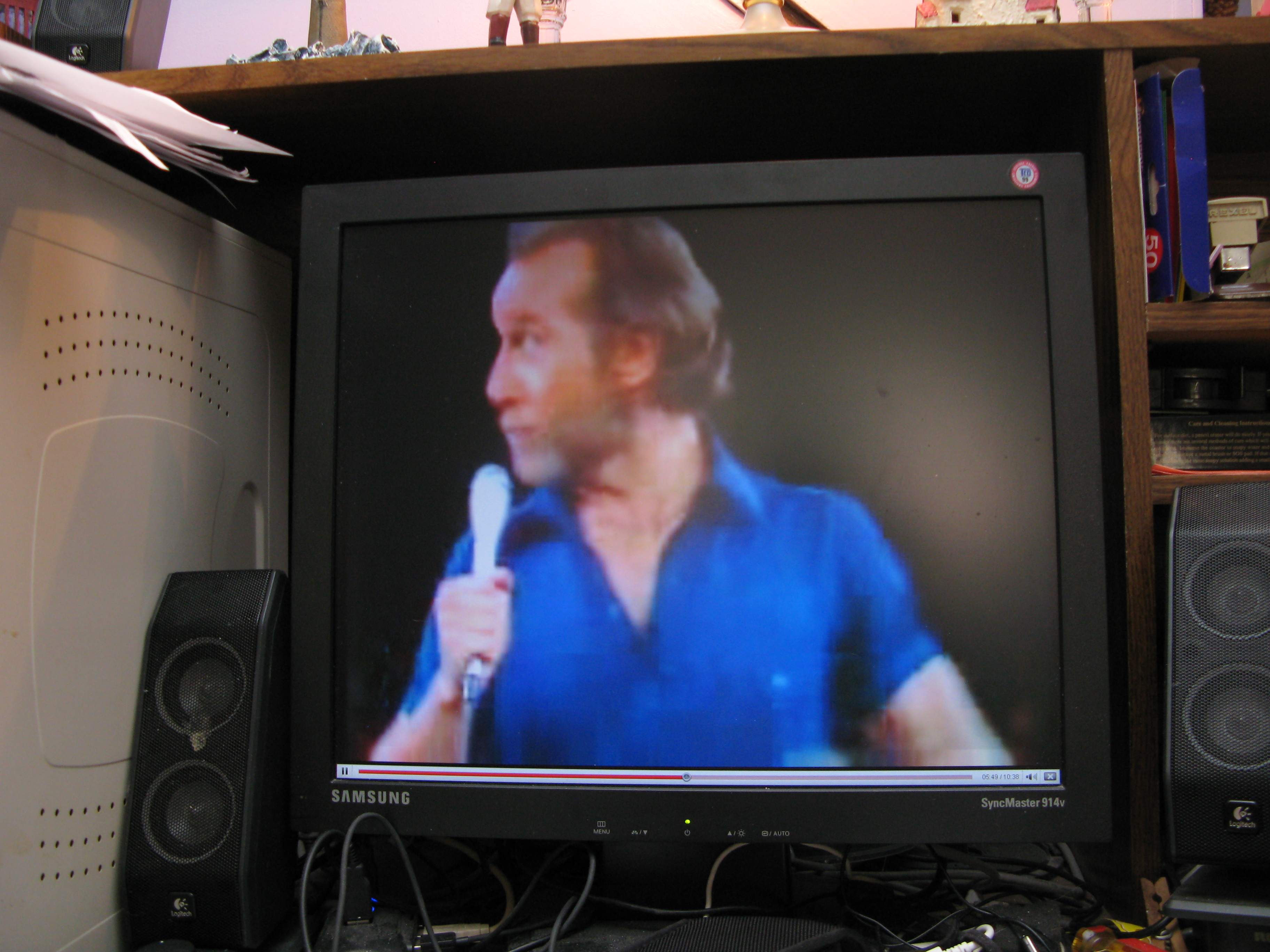Over the last 50 years, swearing in front of large audience has shifted from an obscenity crime to the norm, and while this trend has been underway for decades, the Trump administration is accelerating this change at an unprecedented rate. Swear words, which were once offensive to the traditional nuclear family, have become a staple of many popular television programs, and almost a staple of the president’s word choice.
In 1961, comedian Lenny Bruce faced his first charge for obscenity after swearing in a stand-up comedy set. After entering a cycle of being released and arrested, he finally was detained and charged for obscenity in 1964, where he was found guilty. In 1970, Bruce was posthumously pardoned for his charges, indicating the beginning of a shift towards tolerating vulgar language.
In 1972, comedian George Carlin released his now infamous bit about the seven words you can’t say on TV. The shockwaves from this not only reached masses of people as a countercultural pivoting point, but it reached the FCC and the Supreme Court. Carlin’s rant on these seven words were central to the case FCC vs. Pacifica Foundation, in which the Supreme Court determined that Carlin’s language was “indecent but not obscene.” Limitations can be imposed on language, but this depends on the context of the language. This case lead to more lax rules on television between the hours of 10PM and 6AM, because this is presumed to be when children are asleep.
This trend towards accepting swearing and vulgarity continued with the development of television. In 1999, an episode of Chicago Hope said the word “shit” uncensored for the first time in network television history. Two years later, an episode of South Park aired title “It Hits the Fan,” in which they said the word “shit” uncensored a total of 162 times, and display it written 38 times, for a total of 200 uncensored uses. Comedy Central, the channel that airs South Park, is a cable channel, meaning that it is more responsible to its advertisers than the FCC, but this does not entirely take away from the significance of this event. 200 uses of one of the most indecent words is milestone, and the lack of consequence shows the progress made towards normalizing and accepting swear words on a national forum.
While this trend has continued for the last half century, it has faced a noticeable acceleration over the last two years. There have been examples of presidential figures swearing before, like in the Watergate tapes, but the amount of publicized vulgarity associated with President Trump is unlike anything seen before. From “locker room talk” to “shithole countries,” he is regularly spewing vulgar language, and countless television channels are reporting on it.
Stephen Colbert was reporting on Trump’s comment about “first rate pussy” on his late night show, and went on to use the word “pussy” multiple times without being censored. While it was after 10PM, this video was then uploaded to YouTube. Traditionally, late night talk show hosts would avoid using such vulgarity, especially uncensored, but since the monologue was founded off of a direct quote from the President of the United States, Colbert is seemingly absolved of any backlash.
Similar examples can be seen with Jimmy Kimmel, Conan O’Brien, and multiple cable news channels. Network TV is monitored by the FCC for content that pushes the line from acceptable to offensive to obscene, and cable television is responsible for its advertisers, but subscription based services are not held to these standards. While they may not be as monitored by advertisers and the FCC, services like Netflix, Hulu, and HBO push the envelope even further. Bill Maher covers the news seemingly without filter, and with Trump acting non-traditionally on a regular basis, his HBO show tears into the president.
There is an open dialogue about how Trump’s language and actions impact how a politician should act in the public eye, but not as much dialogue about how his language and actions impact everyone else. Trump was in part elected for being similar in presentation and appearance to an everyday person, but his uncensored use of language has accelerated the normalization of curse words on television, and even further, the American dialect. There may be push back on this by politicians and other public figures, seeing that vulgar language makes the position feel less prestigious and official, this shift may see to benefit content creators.
Upon the normalization of the language, this opens up the door for further official, institutionally approved usage. Swear words hold a unique position in the human language, in that their usage alone changes the message, rather than just the literal dictionary definition. Swear words, in the right context, can make scenes more emotional, tense, or funny. In the short run, an accelerated rate of acceptance appears to be beneficial for content creators, but this is most definitely not the case in the long run. Carlin’s seven words that you can’t say on TV are so powerful precisely for the reason that you cannot say them on TV. The restriction makes them more appealing, and absolute freedom to use them may ruin the mystique, and in turn, the power of these words. Overusing swear words makes them less intense, less impactful, and in general, less special. There are benefits to making crude language more accessible, but there is a downside to too much of anything. To quote Stan at the end of “It Hits the Fan” : “And besides, too much use of a dirty word takes away from its impact. We believe in free speech and all that, but making a few words taboo adds to the fun of English.”
Photo: “In Memory of George Carlin”
